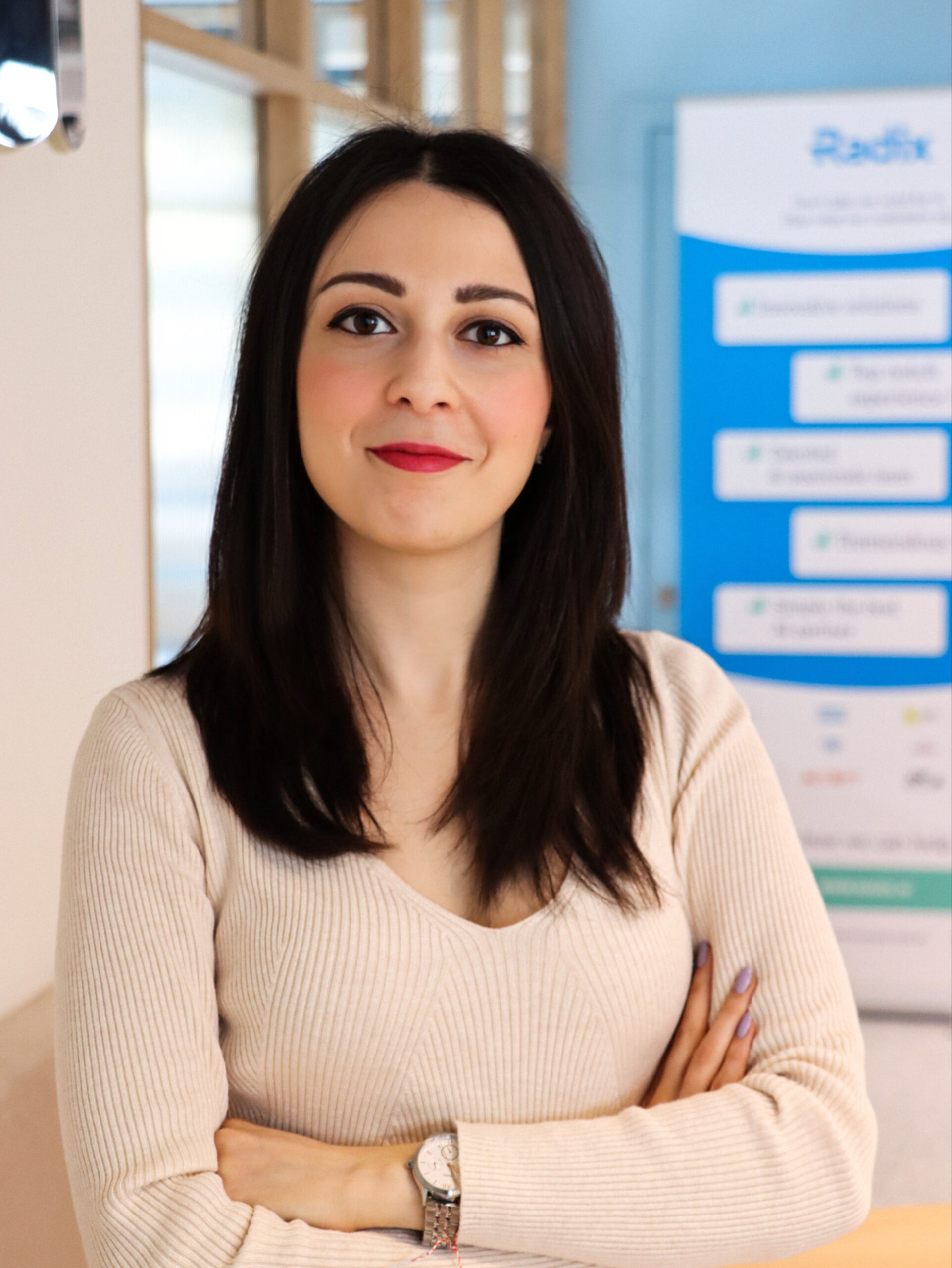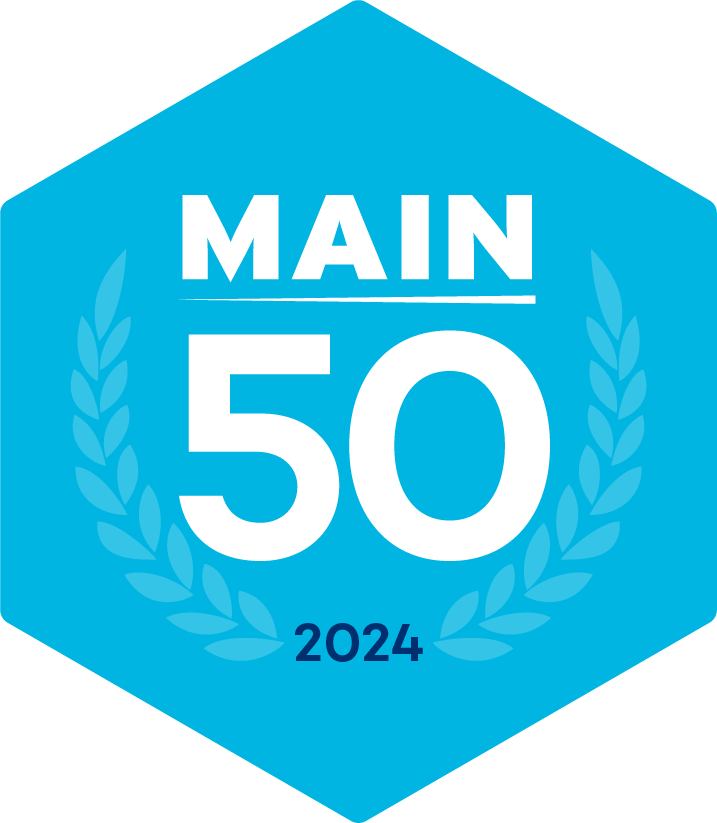Join us in celebrating International Women’s Day as we launch #HERpower, spotlighting the remarkable women driving our industry forward.
Get inspired by the women who inspire us!
In this edition, meet Maria from Exalate’s partner Radix.
She shares her transition from the corporate world to becoming a vital member of a smaller AI company.
Read on about her journey from Italy to Belgium and how she’s distinguished herself over the years.
Bio
Maria’s goal is to build a long-lasting relationship with clients and guide them to reach business transformation by using Al technology. With a Master’s degree in Business Engineering and 9 years of work experience in the Software Development Industry, Maria Merenda is now Solution Lead at Radix.

The Conversation
Question: Can you start by introducing yourself?
Maria: My name is Maria Merenda. I’m Italian, and I’m an AI solution lead with Radix.
I studied business engineering, and while I was writing my thesis, I did my internship in Belgium, and that’s how I came to be here.
I finished my Master’s, and since then I’ve worked in numerous roles at various companies here. I worked for quite a while at Siemens in both quality management and process management, as well as quality compliance.
In 2022, I got more familiar with AI and started talking to Radix. I went through the interview process, and I loved it, so here I am.
Question: What exactly triggered your interest in AI and how did they convince you to start working with them?
Maria: I felt I needed a change. I wanted something more flexible, and faster, a startup or a scale-up. You could say it was the perfect jump for me.
Question: Can you tell me a bit more about your role? What does a solution lead do?
Maria: It incorporates a lot of different things. I’m the main contact for our clients and the project team.
We are a consultancy company. I take care of account management for long-term clients. I also do pre-sales when we have a new lead to work on new proposals.
After that, I play project manager, ensuring we deliver value to the client.
Question: What are some of the challenges you’ve experienced as a woman in tech?
Maria: It depends on where you live. Belgium, for example, is ahead of Italy, where I’m from. There are still some challenges, though. Right now, I’m fortunate to be part of a small business where everyone has a voice, regardless of gender.
Question: There’s a perception of the tech environment that there are a lot of young people. Do you think that being young in tech is important?
Maria: I would say yes and no.
I believe there are a lot of tech companies where the people who work there aren’t super young, like at older, legacy tech companies. At startups, the average age is a lot lower.
Question: What in general should happen to encourage more women to be part of tech, and what can we do to get there?
Maria: Well, in my part of tech, I think there definitely aren’t enough women studying AI.
So, I think spreading the message and trying to target and get young women to participate is really important.
Getting the message more present in schools and universities is one way, as is letting people know how enriching the industry is to work in.
Question: What are the advantages and interesting aspects of your job that you would highlight to persuade more women to join the tech industry?
Maria: I think for a job like mine, the value is really quite tangible. We help the company grow accounts, to make sure they deliver the best work to the client. We collect success stories and try to learn from our mistakes. My days are never the same, and I love that.

Question: Can you share a story of being mentored throughout your career?
Maria: There are definitely a few examples, but the one that comes to mind is about two months after I joined Radix.
I found myself tasked with giving a presentation to the executives of one of our clients. It was a major opportunity for me, especially considering my relatively short time with the company. I had two colleagues with me every step of the way while I was working on it.
We reviewed the presentation together many times, and I never felt like I was alone throughout the process.
I learned a lot, and I felt I had the support I needed to succeed.
Question: If you could travel back in time to the start of your career journey, what advice would you give yourself?
Maria: To aim higher. In the early years of my career, I tended to accept things as they were instead of striving for more. That’s no longer the case.
I would advise my younger self to push boundaries, have faith in my abilities, and continuously seek out new challenges.
Question: If you could switch jobs with someone on your team, just for a day, who would it be and why?
Maria: That’s an interesting question. I think I’d want to be in the shoes of a machine learning engineer, someone who develops the products for the projects we deliver.
I’ve never been in a position to develop something, and I’d love to see their struggles and how it feels to do things from the other side.
Question: Could you share an interesting fact about your home country, Italy?
Maria: Everyone knows that Italy has amazing food and friendly people. One stereotype I would like to discard is that we’re not always late or disorganized.
Question: Thanks, Maria, and keep pushing those boundaries!
Maria: Thank you for having me!

Connect with Maria
If you wish to connect with Maria and learn more, seek advice, or share similar experiences, feel free to reach out to her via LinkedIn.





